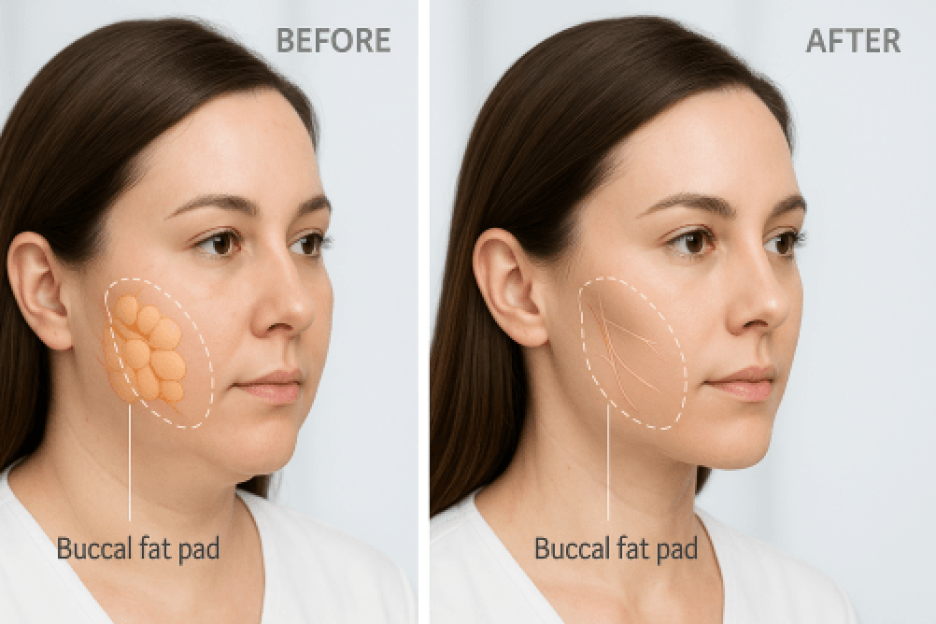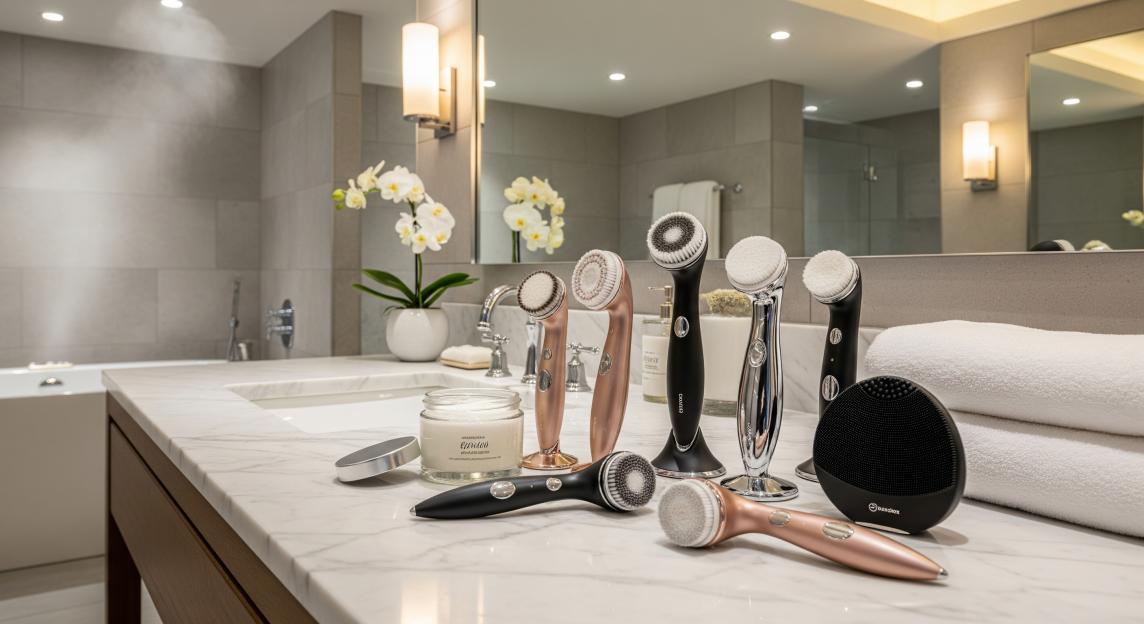Essential oils are everywhere these days-kitchens, spas, yoga studios, you name it. While many rely on them for relaxation, they work their magic in skincare, haircare, and even homemade surface cleaners.
Explore unique combinations and create your own custom blends, while you explore their versatile uses. People enjoy the lovely scents, and many say the oils help them feel calmer, keep surfaces fresh, and even add extra glow to their skin.
If you’ve been wondering about mixing your own combos instead of just grabbing what’s popular, you’re in the perfect spot. Let’s dig deep into the basics of essential oils, while also answering common questions, to help you brighten up your routine!
How Are Essential Oils Made
Essential oils can be made via several techniques, be it at home or industrially. Here are the three most common ways:
- Steam Distillation
Simply place the plant in a steam chamber, allowing the steam to pull the oil, you can use a distillation kit to do this at home. As it cools, the oil and steam combine, leaving you with pure essential oil. Store it in a cool, dark spot-or use it right away if the smell is too nice to resist!
- Cold Press Extraction (For Citrus Oils)
Cold pressing works best with citrus peel, so when you think of oranges, lemons, or grapefruits picture their fragrant skin. The technique simply squeezes the rind, letting tiny droplets of oil burst free. Small hand-held presses are easy to find online, and they make the whole process simple enough to try at home.
- Oil Infusion (Not True Essential Oils)
If you’d rather skip the pricey equipment and still enjoy the smell of garden herbs, just cover fresh leaves or petals with a light carrier oil, such as jojoba or sweet almond, and let the jar sit in a cool spot for a few weeks. What you end up with isn’t a real essential oil, yet it provides a lovely aroma that lifts massage oils and homemade balms.
Do Essential Oils Expire?
Sure, essential oils do go bad, though their shelf life varies from one type to the next. On average you can expect the following:
- Citrus oils: 1 to 2 years
- Florals like Lavender and eucalyptus: 2 to 3 years
- Heavy Oils like Sandalwood, patchouli, frankincense: 8 years or more
Light, heat, and air speed up decay, so store the bottles in a cool, dark cupboard. If an oil smells sour, feels thick, or stings your skin, it’s useless. For home or work, write the opening date-or better yet, the distillation date on each label.
Can You Put Essential Oils in a Humidifier?
Many folks ask if they can pop a few drops of oil into their regular humidifier for quick aromatherapy. It may seem easy, but the answer is no unless the machine was built for that.
Here’s the issue:
- Standard humidifiers clog up because oil is sticky.
- The plastic parts break down over time.
- Poorly mixed oil can irritate lungs and airways.
For safe steaming, use an essential-oil diffuser that makes a fine mist, or buy a humidifier with a built-in aroma tray.
Choosing the Best Essential Oils
The ultimate goal is getting the best essential oils , whether you buy or make a blend at home. When buying from a trustable retailer always check for:
- 100% pure, undiluted liquid
- GC/MS tested proof (Gas Chromatography Mass Spectrometry)
- Organically farmed or wild-harvested origins
Top 4 Must Haves
For anyone just starting out, these four crowd-pleasers make a handy toolkit:
- Lavender essential oil - not only calms your mind but also adds a floral, gentle scent to any formulation.
- Peppermint essential oil - with its cool, refreshing properties, this essential oil is a must have.
- Lemon essential oil - a combination of bright, fresh and zesty, that uplifts mood and is a perfect addition to surface cleaners.
- Tea Tree essential oil - with its anti-bacterial properties, the essential oil can do wonders for your skincare routine.
Final Thoughts
As soon as you crush a flower petal or twist a citrus peel to capture its essence, you join a long line of makers who mix self-care with artistry and, for some, a way to earn a little extra money. Whether your bottles are for personal use, gifts, or simply to enjoy the scent that fills your kitchen, learning to store them properly, apply them thoughtfully, and recognize a well-made product will serve you well. Start with the ripest herbs or buy oils from suppliers you believe in, and their fragrance will hang around far longer, both on your shelves and in the moments of your day.








